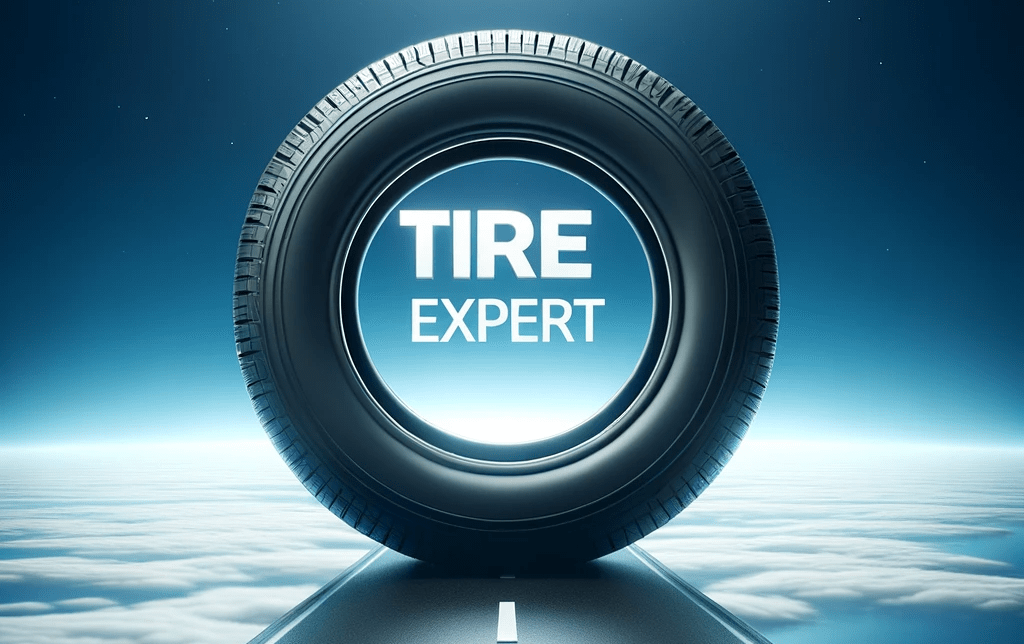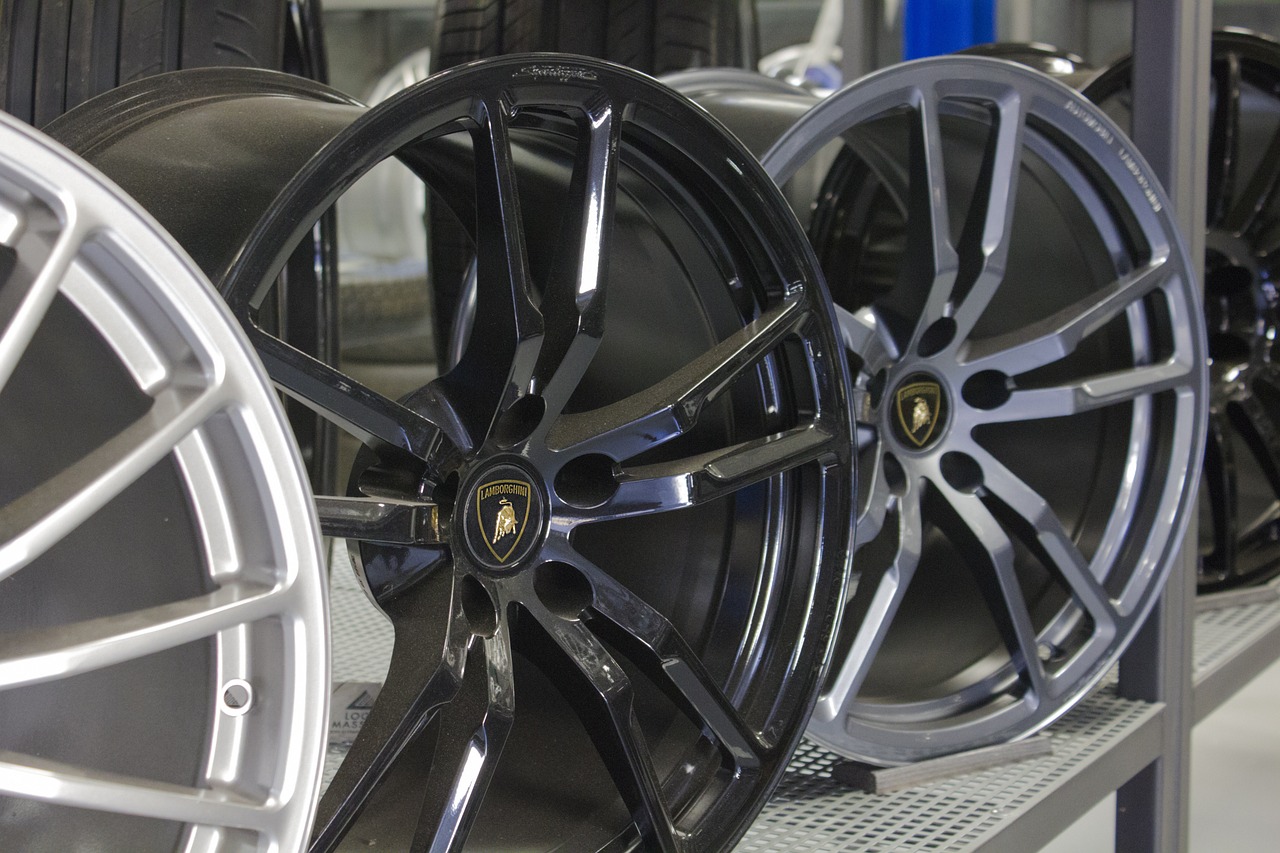Maintaining the right tire pressure is essential for both the performance and longevity of your tires. But have you ever wondered if the pressure level can actually impact how long your tires will last? In this article, we’ll explore the fascinating connection between tire pressure and tire lifespan, shedding light on why it’s crucial to keep your tires properly inflated. So, fasten your seatbelt and get ready to uncover the surprising relationship between tire pressure and the lifespan of those rubber companions on your wheels.
Effects of Improper Tire Pressure
Proper tire pressure is not only important for smooth and comfortable driving, but it also plays a crucial role in ensuring the longevity of your tires. Improper tire pressure can have various negative effects on your vehicle’s performance, safety, and the overall lifespan of your tires. Let’s explore each effect in detail.
Underinflation
Increased Rolling Resistance
When your tires are underinflated, they tend to have increased rolling resistance. This means that the tires require more energy to move, putting additional strain on the engine and decreasing fuel efficiency. It can also lead to slower acceleration and reduced overall performance of your vehicle.
Excessive Heat Build-up
Underinflation causes more flexing of the tire sidewalls, resulting in increased heat build-up. This can lead to the deterioration of the tire’s internal structure and reduce its lifespan. Excessive heat can also cause the tire to blow out, putting you and your passengers at risk.
Tire Damage
Underinflated tires are more prone to damage. The lack of sufficient air pressure causes the sidewalls to become weak and vulnerable to being pinched or punctured by road debris. Additionally, underinflation can cause irregular tire wear, decreasing the overall performance and safety of your vehicle.

Overinflation
Reduced Traction
Overinflating your tires can result in reduced traction on the road. The increased pressure causes the tire’s footprint to decrease, diminishing the contact area with the road surface. This lack of traction can impact your vehicle’s ability to grip the road, especially in wet or slippery conditions, increasing the risk of accidents.
Uneven Tire Contact
Overinflated tires tend to have a smaller contact patch with the road, leading to uneven wear. The center of the tire sustains more pressure and wears out faster compared to the edges. Uneven tire wear negatively affects handling and performance, compromising your safety on the road.
Decreased Comfort
Overinflated tires can adversely affect your driving experience by reducing comfort. The increased stiffness of the tires can make your ride feel harsher, transmitting more road vibrations into the vehicle’s cabin. This can lead to a less smooth and enjoyable driving experience, especially on rough or bumpy roads.
Optimal Tire Pressure
Maintaining the optimal tire pressure is crucial for maximizing the lifespan of your tires and ensuring your safety on the road. Here are some key factors to consider regarding tire pressure.
Manufacturer’s Recommendations
To determine the optimal tire pressure for your vehicle, refer to the manufacturer’s recommendations. This information can usually be found in your vehicle’s owner’s manual or a sticker located on the driver’s side door jamb. It is essential to follow these guidelines carefully to ensure the best performance and longevity of your tires.
Checking and Adjusting Tire Pressure
Regularly monitoring and adjusting your tire pressure is vital. Invest in a good quality tire pressure gauge to measure the pressure accurately. Check the pressure when the tires are cold, as driving heats up the air inside, giving an inaccurate reading. If the pressure is too low or high, adjust it accordingly using an air compressor or at a nearby gas station.
Consideration for Load and Weather Conditions
Remember to account for factors such as the load you are carrying and the prevailing weather conditions. Carrying heavier loads may require slightly higher tire pressures to support the weight adequately. Similarly, in colder climates, tire pressure tends to decrease, so it is essential to check and adjust it more frequently during winter months.
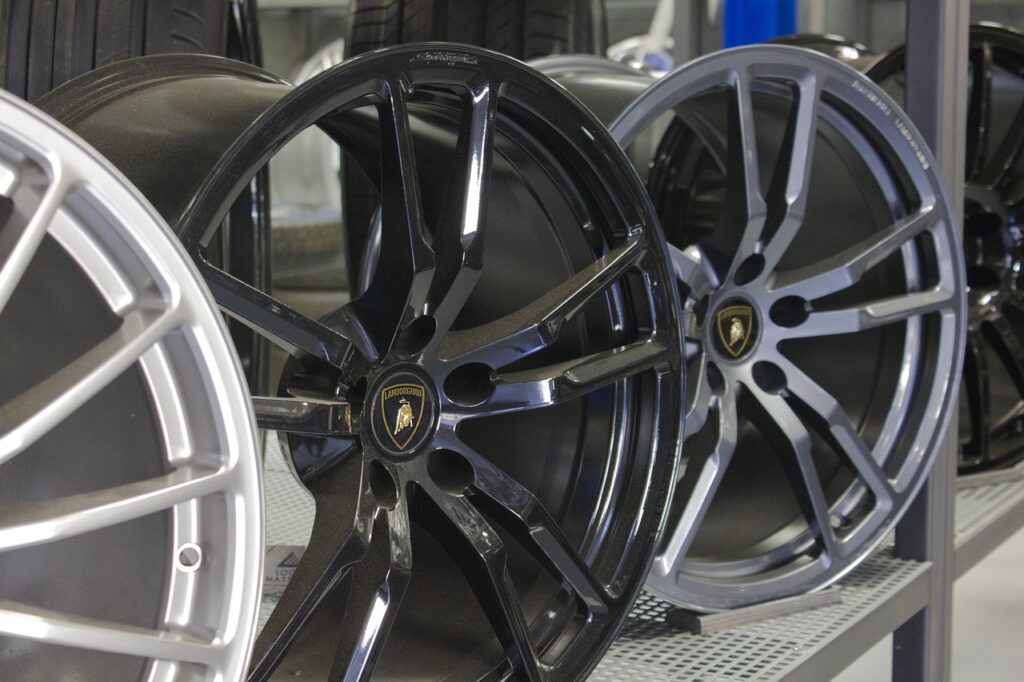
Tire Lifespan
The lifespan of your tires can vary depending on several factors. Understanding and addressing these factors can help prolong the life of your tires and ensure optimal performance.
Factors Affecting Tire Lifespan
Several factors can influence the lifespan of your tires. The type and quality of the tires play a significant role. High-quality tires from reputable brands tend to last longer due to better materials and construction. Additionally, driving habits, such as aggressive acceleration, braking, or frequent cornering, can accelerate tire wear. Lastly, road conditions, such as rough or poorly maintained surfaces, can also impact tire lifespan.
Proper Tire Maintenance
Regular tire maintenance is crucial for extending the life of your tires. This includes checking the tire pressure, visual inspections for damage, and monitoring tread depth.
Regular Rotation and Balancing
Regularly rotating and balancing your tires is essential for ensuring even wear and improving overall performance. Regular rotation allows the tires to wear evenly and extends their lifespan. Balancing the tires helps distribute weight evenly, reducing vibrations and promoting a smoother ride.
Factors Affecting Tire Lifespan
Several factors influence the lifespan of your tires, emphasizing the importance of proper tire maintenance and care.
Tire Type and Quality
The type and quality of tires you choose can significantly impact their lifespan. Opting for high-quality tires from reputable brands ensures better durability and longevity. The materials and construction of these tires are designed to withstand various road conditions and provide adequate traction.
Driving Habits
Your driving habits directly affect tire wear and lifespan. Aggressive driving behaviors, such as hard acceleration, sudden braking, and fast cornering, put excessive stress on the tires. These actions generate more friction and heat, leading to accelerated wear. Practicing smoother and more cautious driving techniques can extend the life of your tires.
Road Conditions
The condition of the roads you frequently drive on can also affect your tire lifespan. Rough or poorly maintained roads with potholes, debris, or sharp objects pose a greater risk of tire damage. Avoiding such road conditions whenever possible and driving cautiously can help minimize potential tire damage and prolong their lifespan.
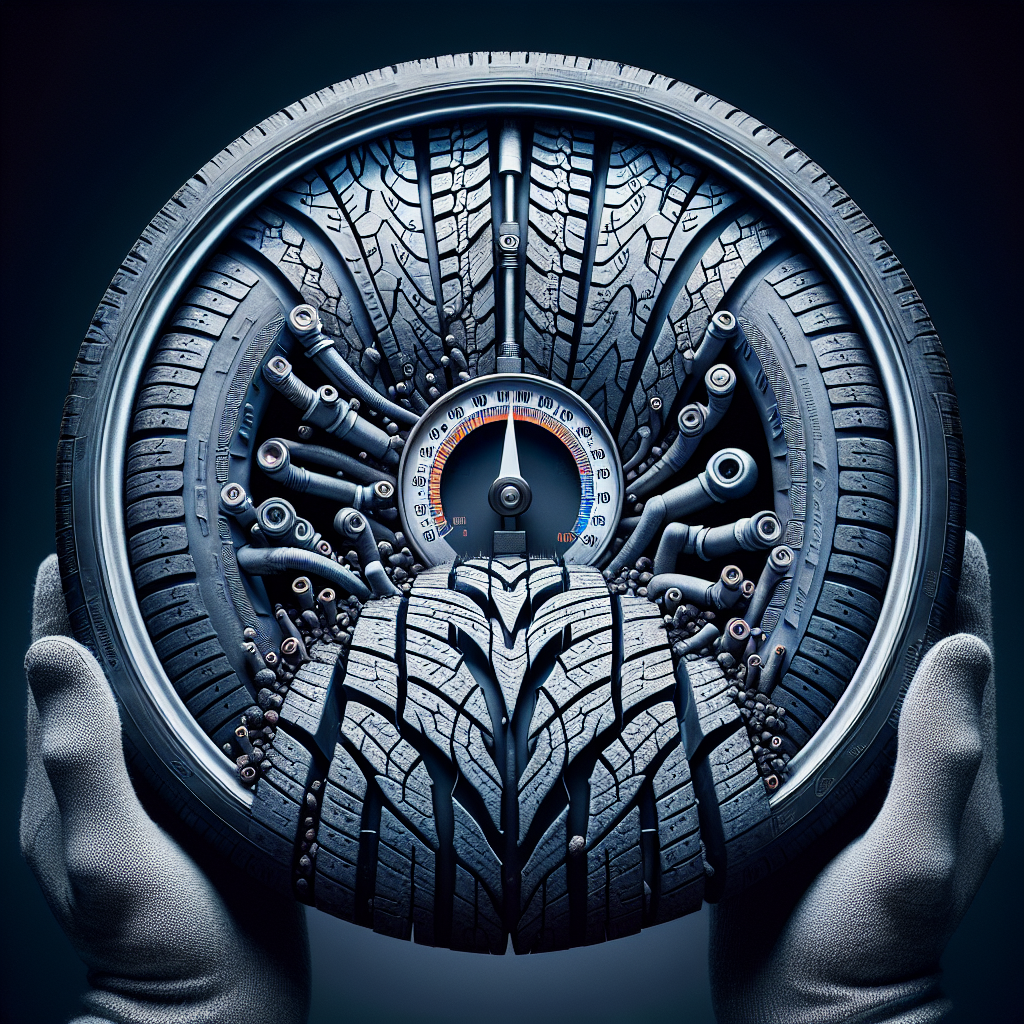
Proper Tire Maintenance
To maximize the lifespan of your tires, it is crucial to prioritize regular tire maintenance. Here are some essential aspects of proper tire maintenance.
Regular Tire Inspections
Frequent tire inspections are necessary to detect and address any potential issues promptly. Inspect your tires visually for signs of damage, such as cuts, bulges, or punctures. Additionally, check for any embedded objects, like nails or shards of glass, which can lead to slow leaks or tire failure.
Visual Checks for Damage
Regular visual checks for damage can help identify early signs of wear or potential issues. Keep an eye out for any sidewall cracks, tread wear indicators almost reaching the surface, or any irregularities. Addressing these problems promptly can prevent further damage and ensure your safety on the road.
Tread Depth Monitoring
Monitoring the tread depth of your tires is crucial for maintaining optimal grip and safety. Use a tread depth gauge to measure the depth regularly. If the tread depth is close to or below the recommended limit, it’s time to consider replacing the tires. Tires with insufficient tread depth can compromise traction, especially in wet or snowy conditions.
Regular Rotation and Balancing
Regular rotation and balancing of your tires are essential for several reasons.
Even Tire Wear Distribution
Tire rotation allows for even distribution of wear across all tires. Since each tire position different weight loads (front vs. rear, left vs. right), regular rotation ensures that the tires wear uniformly. This promotes optimal traction, prolongs the lifespan of the tires, and ensures a smoother and safer driving experience.
Improved Handling and Performance
Regular rotation and balancing optimize the overall handling and performance of your vehicle. The even wear on all tires contributes to better stability and control, especially during cornering and braking. Properly balanced tires also eliminate vibrations, providing a more comfortable ride.
Extended Tire Lifespan
Regular rotation and balancing help extend the lifespan of your tires. Uneven wear can lead to premature tire replacement, resulting in unnecessary expenses. By rotating and balancing your tires at recommended intervals (usually every 5,000-7,000 miles), you can maximize their durability and save money in the long run.
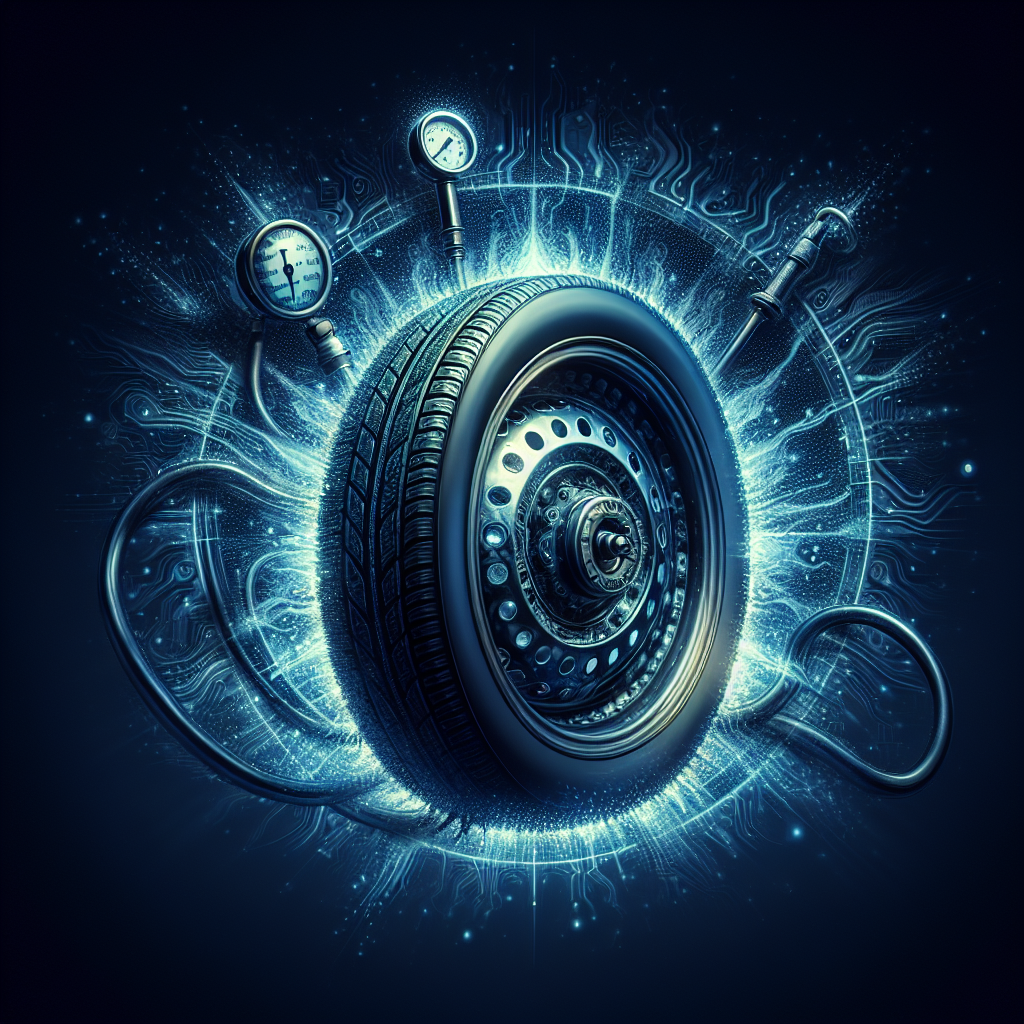
Tire Pressure Monitoring Systems (TPMS)
Tire Pressure Monitoring Systems (TPMS) are electronic systems designed to monitor and alert drivers about changes in tire pressure. These systems provide several benefits in terms of safety, fuel efficiency, and overall tire lifespan.
Benefits of TPMS
TPMS offers various benefits to drivers. It provides real-time monitoring of tire pressure, alerting drivers if the pressure falls below or goes above the recommended range. This ensures that you are always aware of your tire pressure and can take immediate measures to rectify any issues. Maintaining proper tire pressure enhances safety, improves fuel efficiency, maximizes tire lifespan, and reduces the risk of tire blowouts.
Importance of Regular TPMS Maintenance
To ensure the accuracy and reliability of TPMS, regular maintenance is crucial. This includes periodically checking the sensor battery life, verifying correct sensor positioning during tire rotations, and ensuring proper system calibration. Regular checks and maintenance of the TPMS contribute to its optimal performance and accuracy.
TPMS Replacement and Reprogramming
If you ever replace or reprogram your tires or wheels, it is essential to follow the manufacturer’s guidelines for resetting or reprogramming the TPMS. Failure to do so can result in inaccurate readings and potentially compromise your safety on the road. Consult a professional technician or refer to the vehicle’s manual for proper TPMS replacement and reprogramming procedures.
Conclusion
Maintaining proper tire pressure is not only about ensuring a smooth and comfortable ride; it is crucial for your safety and the longevity of your tires. Underinflated and overinflated tires can have several negative effects, including reduced traction, increased tire wear, and decreased comfort. By following the manufacturer’s recommendations, regularly checking and adjusting tire pressure, considering load and weather conditions, and practicing proper tire maintenance, you can maximize the lifespan of your tires. Remember, taking care of your tires will ultimately result in safer and more enjoyable driving experiences.
